This report outlines the principles underpinning the Arts and Social Change programme within Citizen Power Peterborough, a two and a half year partnership between Peterborough City Council, Arts Council England, East, the RSA and the citizens of Peterborough.
This paper explores how the arts can open up new ways of working which impact upon social capital, the identity of a place and our attachment to it and encourage active citizenship. It argues for a central role in ensuring sustainable systemic change and offers examples of how creative practice strengthens a willingness for people to engage with each other and build co-productive behaviour, and critically reflects on the challenges uncovered by this kind of work.
One of the key lessons from the Citizen Power programme and other similarly ambitious programmes lies in the consistent underestimation of the resistance to innovation and change. This paper explores some of the ways we need to take this resistance on board through how we invite new interventions into places to address challenges and the need to build legacy in from the outset with all the key actors engaged in re-imagining new scenarios and solutions.
Towards meeting in the middle this paper recommends the following:
-
Build new relationships in such a way that openly explores new intersection points.
-
Pay attention to and nurture existing relationships, as it is tempting in this climate to seek new ones.
-
Build networks that have a generosity of spirit, an emotive phrase that has real and practicable impact.
-
Find things to be curious about with each other’s work. Curiosity feeds partnership.
For local authorities and public service leaders the following recommendations are:
-
Invest in an overview of how your local ecosystem works and map how systems work to identify blockages and repeated patterns of entrenched behaviour.
-
Take part! The sustainability of these projects rests upon an understanding that only participation will genuinely unlock change.
-
Actively seek the rich resources available within your own locale and be aware that many of these will not necessarily exist within the cultural institutions.
-
Consider creative practice as a means of strengthening capacities to collaborate.
-
Situate experiences in the arts at the beginning of work and as a connecting thread throughout it.
-
Consider strategies for obtaining middle management support at the beginning of planning.
-
Commit to a long-term set of relationships.
-
Remember the ‘art’ of invitation for projects.
-
Involve creative practitioners from the outset.
-
Consider the advantages of smaller organisations working in partnerships.
Recommendations for creative and cultural communities:
-
Look ‘sideways’ not ‘up’ or just where the funding is.
-
Get to know your local community and voluntary arts organisations.
-
Begin dialogue that seeks to uncover shared values.
-
Develop locally based networks that cross art form and sectoral divides.
-
Consider who is making decisions in the bigger picture at a local level.
-
Be on the front foot and engage with the civic debate.
To read more about the RSA's Arts and Social Change project:
pdf 307.8 KB
Contributors
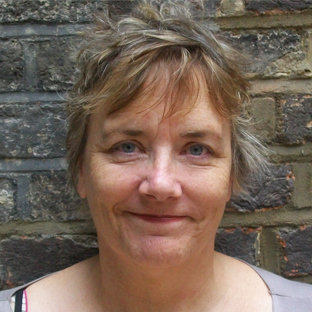
Related reports
-
Arts and Social Change Evaluation
The Arts and Social Change Evaluation closes this strand of the 3 year Citizen Power Peterborough programme of work across the city.
-
Creative Gatherings: More purposeful together
The first case study, 'Creative Gathering; More purposeful together' illuminates this two-year programme in Peterborough which concluded with The Creative People’s Walk in July 2012 led by local artist, Tom Fox.
-
Experiments in Place Making
Experiments in Place Making was the first project in Arts and Social Change (delivered in late 2010 to early 2011) and encouraged locally based creative practitioners to (further) investigate how their creative practice can engage people with each other and where they live.
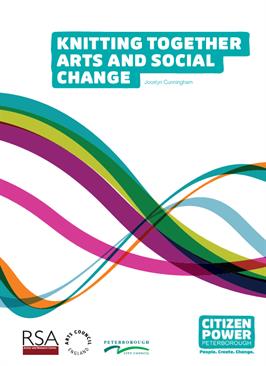
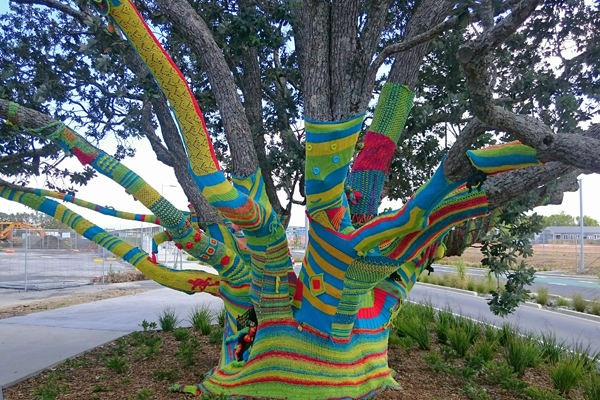
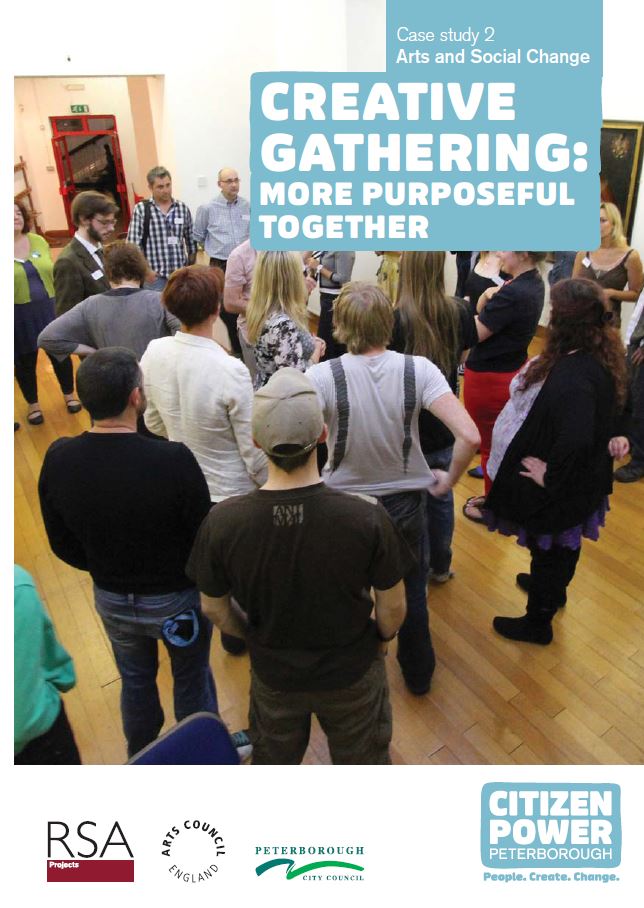
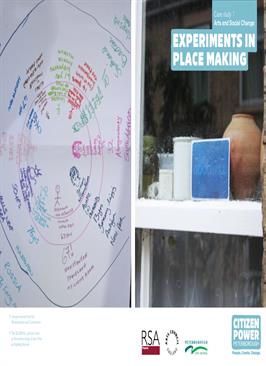
Be the first to write a comment
Comments
Please login to post a comment or reply
Don't have an account? Click here to register.